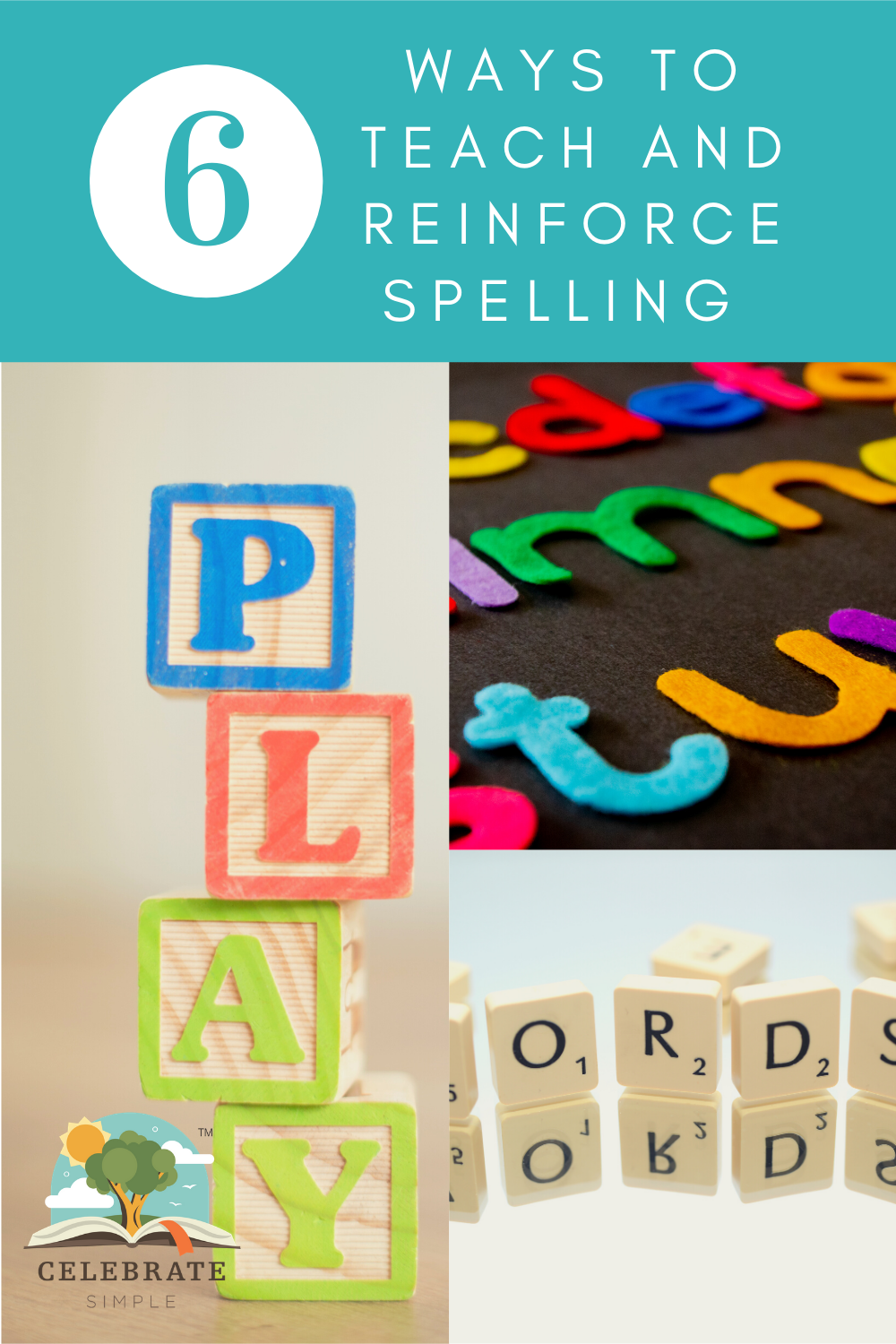6 Ways to Teach and Reinforce Spelling
/
This summer is beginning like the twenty-six before. Mike and I get to spend time with amazing families who made the choice to home educate their children. Some are celebrating their first complete year; others are turning the tassel and sending in the last annual evaluation with us. A graduate! YAY!
As we meet with families, one question we answer frequently is
"What about spelling?"
It’s a common question with several potential right answers dependent upon educational philosophy, age, ability, and learning style.
In other words, as evaluators, we have seen many methods and curricula produce excellent spellers.
There is no right answer to this question.
There are options.
1. Purchase a traditional, grade-leveled spelling curriculum. This is the first answer which comes to mind for most parents. Easy-peasy. Buy the curriculum. Done. Works well for some children and parents, alike.
2. Choose high-interest or frequently used words. This method takes a bit more work, but is pleasantly effective. It works well for active, hands-on learners as well as learners with interests which saturate their days (like the fisherman who sees a need to spell the words bait, tackle, license, trout, shrimp, brackish, hook, sinker, shore, catch, freshwater, captain, salmon, carp, permit, marsh, or wade). With this approach, we’ve asked the child to help choose the words he or she wanted to spell. Words of interest often return the greatest reward because there’s purpose and motivation to spelling well—an email to Grandma, a note to the bait-n-tackle owner, a request to write an article for publication.
3. Use objects of interest. Another wonderful option for hands-on, engrossed-in-an-interest learner. Using Dolch words, commonly misspelled words, or interest-based words, learners can use objects (think acorns, Matchbox cars, cereal and sand boxes) to spell. Stickers and foam letters make great teaching tools as well. This has been one of the most beneficial to our family.
4. Play a game. My children enjoy engaging board games. When there is a less-than-favorite subject to learn, games add spark to learning. Scrabble Junior and Scrabble have been big hits for us. Making games can be fun, too!
5. Compile an "I want to learn these!" list. Where there is intrinsic motivation, retention is not far behind. Whether learning a new skill or reading a book with intriguing vocabulary there are likely words the child wants to know. Use the words of interest to compile a list, place it in a notebook, and whittle away at it each week.
6. Use "commonly misspelled words" lists. This method has a few options. One option is to compare commonly misspelled words lists at a given level and find the most often cited misspelled words. The second option is to look over the learner's writing samples and compile a list of personal misspellings.
Classroom and home educators have used a combination of the above possibilities (and more!). Be creative (kids have great ideas, too). There is not a tried-and-true method as each child receives, stores, and retrieves information differently, especially with spelling. Hence an individualized path is often necessary for the greatest retention.
And often, as with many subjects, spelling which is intentional, real and relational is remembered.
Every. Moment. Matters.





